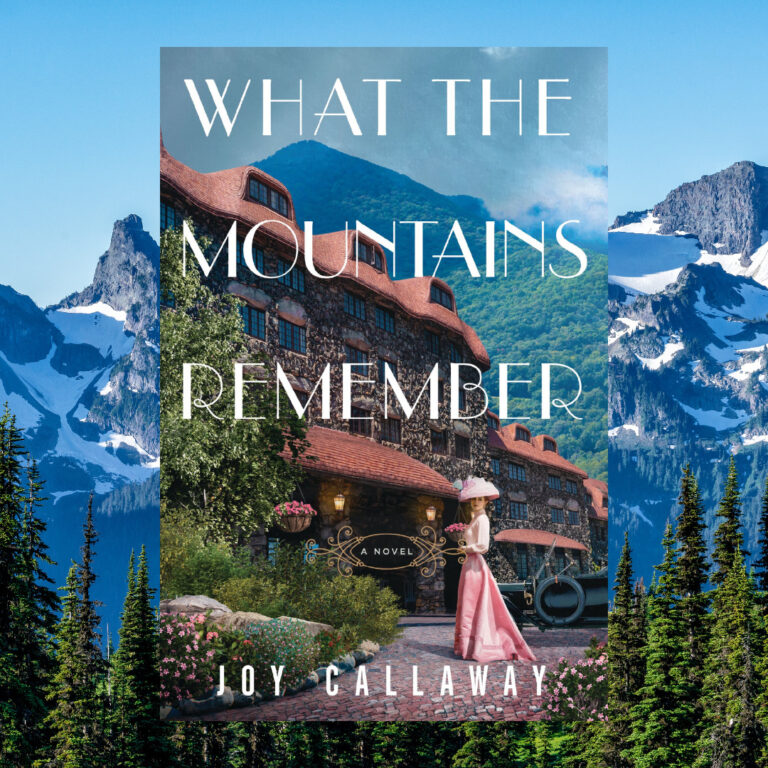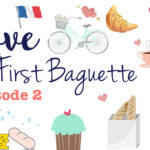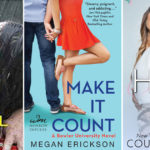My debut novel, like for most authors, will always hold a special place in my heart, but it had a few things working against it. When You Are Mine was a love triangle, which many readers dislike. A child died, which readers often hate. And maybe the greatest “transgression,” it was a cliffhanger.
Someone should have warned me! Reader reaction to cliffhangers can be visceral.
I recently, and informally, of course, polled 5500 readers in my online book club about their thoughts on cliffies.
“I hate them, because I want my books to be closed at the end of the story,” reader Jacqueline says.
“If I know a book is a cliffhanger, I will not read it until the next book is out! I have enough anxiety in my life,” reader Shayla muses. “I don’t need anxiety for months over fictional characters.”
Readers aren’t monolithic in their response, though. Some relish waiting with bated breath.
“I LOVE them!” reader Melissa exclaims. “Make me suffer. Shred my heart. I love nothing more than being left with my jaw dropped and having to wait for the next book. Waiting impatiently and cursing the author for the next book is all part of the fun.”
Reader Hazel likens cliffies to foreplay, explaining, “As long as it’s worth the wait, I don’t mind.”
Turns out, reader affection toward cliffies was split pretty evenly down the middle. About 50% of the readers who answered welcome them, while the other half want to strangle the authors who write them.
No matter which side of the debate readers fall on, there is a rich tradition of leaving readers panting for more. It began as a function of pragmatics and economy in the 1800s. Serializing through magazines and newspapers garnered a broader audience than full-length novels because even poorer readers could afford the short-volume publications. Serialization didn’t begin with Charles Dickens, but he is widely credited as the author who popularized the format when he published The Pickwick Papers over the course of 19 months and volumes.
Talk about patience!
It was a different time, a slower pace, and consumers were not conditioned to the culture of the instantaneous.
One reader appreciates that about cliffies.
“So many things in life are instant gratification or instant news with social media etc.,” reader Denise Tung muses. “I really enjoy that element of surprise. It lets my imagination run away.”
And Dickens may have been an OG of serialization, but he certainly was not the last. Not only did he publish one of his most famous works, Great Expectations, as a serial originally, but many of our classics were first fed to the reading public in suspenseful spoonfuls, not the full meal.
A Tale of Two Cities, Anna Karenina, The Phantom of the Opera, A Farewell to Arms — all serialized. All, in essence, cliffies.
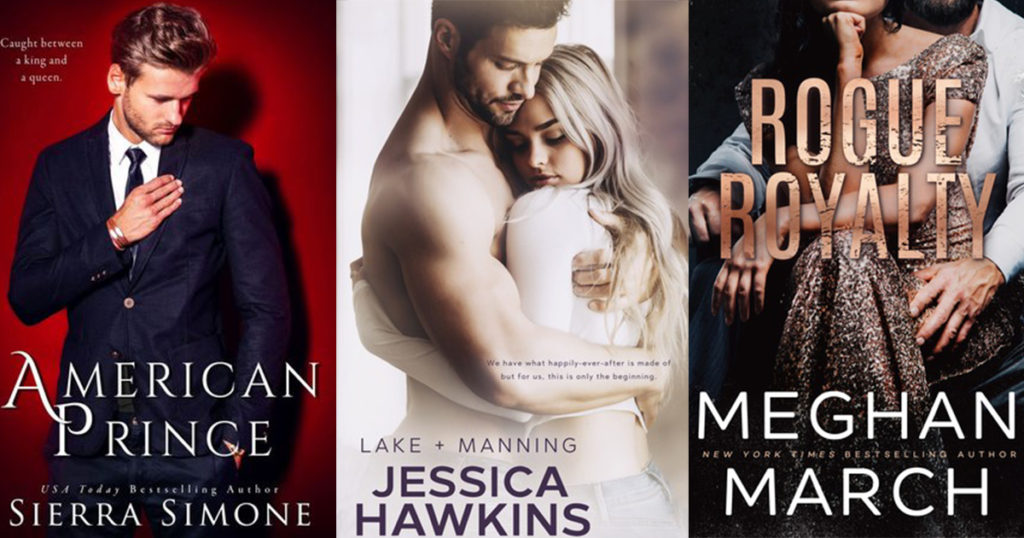
Even though the last few years have given rise to readers’ vocal resistance to the dreaded duh duh duh… several authors and series have managed to crack the cliffie code and have found success.
Trilogies like Jessica Hawkins’ Something In the Way Series and Sierra Simone’s The New Camelot series, both three-parters that went on to be USA Today Bestsellers, had readers panting for the next installment after each release. More recently, a string of trilogies from Meghan March, and duets from Kandi Steiner and Jewel E. Ann also found receptive audiences.
“For me, writing cliffhangers has become somewhat of an obsession,” says New York Times and USA Today Bestseller Meghan March. “Every single cliff forces me to stretch my wings creatively and push myself to be a better writer. I think readers will always dislike waiting for the conclusion to a story, but there is something intrinsically unique about the experience of reading a cliffhanger. When you hit that last page with a shocking twist, there’s a more visceral reaction to that revelation solely due to the fact that the story is unfinished in that volume. That gut-wrenching moment is something you can’t mimic in standalone.”
March warns authors that if they write cliffhangers, they should be prepared for the potential backlash, and should ensure the story truly works better in that format.
“Some stories demand a deeper understanding of the characters,” says Jewel E. Ann, Amazon Bestselling Author. “The complex storyline of Transcend would have felt rushed in the confines of a 70-100k-word novel. Cliffhangers are a necessary evil from movies and television series to our favorite romance books. The need for resolution is an innate hunger in readers, so I don’t ever hesitate to let a story spill over into more than one book.”
March added that she thinks readers have evolved over the last several years, and many are eager for stories that don’t follow the traditional romance formula. She also attributes the resurgence of the cliffhanger’s popularity to the pace at which many indie romance authors write and release books. Readers aren’t waiting six months to a year to find out how a story continues or concludes. In some cases, they’re waiting only two to six weeks.
“[They] want to be shocked and surprised because it keeps them excited about reading,” March says. “If a cliffhanger is strong and shocking — and the next book isn’t far behind, readers will keep reading.”
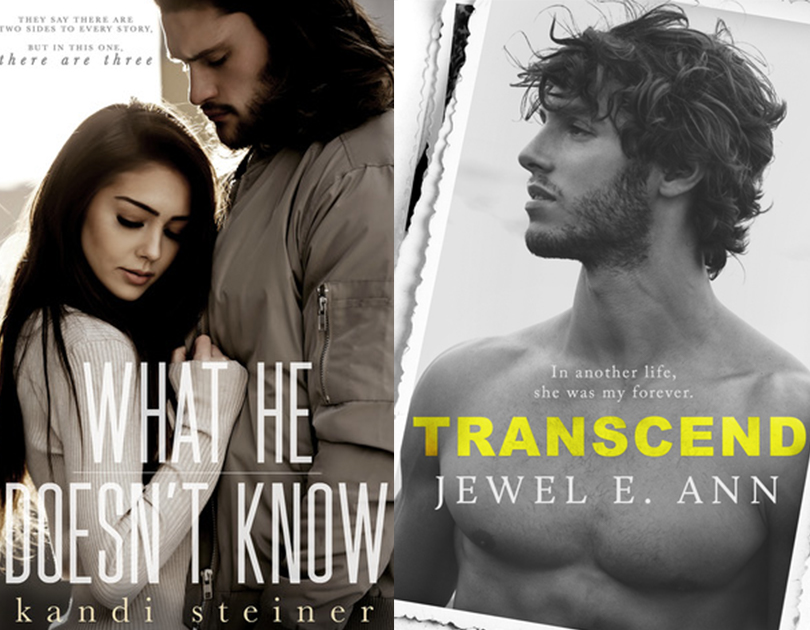
Kandi Steiner, Top 5 Amazon Bestselling Author, agrees. She loves that jolt of electricity when something unexpected happens, and the reader doesn’t know how to feel anymore and everything is flipped upside down.
“When the What He Doesn’t Know duet came to life in my mind,” Steiner says. “I saw the twists and turns of it and just knew to have the right emotional impact, I would need to relay the story in two parts — and leave the readers hanging on a cliffy. Luckily, I only had them waiting for two weeks before the second book was released.”
Steiner says she thinks the resurgence of duets and trilogies is good for romance and hopes it continues.
“I remember waiting outside Barnes & Noble at midnight to get the next Harry Potter installment,” Steiner says. “I remember crying when I read the final page of The Hunger Games. I remember talking with other readers about theories and favorite scenes when The Keatyn Chronicles were slowly rolling out. To me, that is what makes reading so special, and what makes our community such a fun one to be a part of.”
If romance readers are indeed hungry for that feeling again, there’s plenty of authors and stories ready to leave them hanging.



